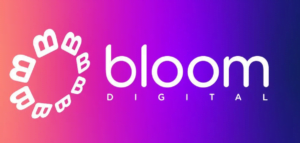Virus and malware tend to go in cycles. Those who specialise in computer security tend to watch what is being corrected in patches, what is being fixed, and what their users are reporting in order to understand the lay of the land in terms of virus threats. Some of the biggest threats out there right now:
Trojan.Cryptowall
This Trojan Horse virus encrypts files on a targeted computer, then demands that the user pay money in order to get the key to unencrypt the files. The virus is usually delivered through spam email or malware delivery systems like malicious ads or illegitimate websites. Ransomers often demand that the affected users pay through digital currencies like bitcoin, as this helps them hide their identity. It has gone by a number of different names and variations, including Ransom.Cryptowall and Trojan.Cryptodefense and Cryptolocker.
How this is fixed: There are various methods to remove the infection itself but it’s important to note that there is no way to unencrypt the files, although some utilities like Shadow may be able to help. Your best bet is to have a recent backup.
ZCash Mining
ZCash is another kind of digital currency, similar to bitcoin. ZCash mining is a way that cyber criminals make money off ZCash transactions. They distribute malware programs through channels such as pirated software downloaded through torrents. At current prices, criminals can make as much as $75,000 USD through this technique.
How would you know this is a problem? Virus experts describe this program as “RAM hungry.” If your computer dramatically slows down with no warning, your first guess should always be a virus and you should run your anti-virus software. By allowing your software to prevent the installation of media without your consent, you may be able to prevent an infection in the first place.
Spam Emails
In general, spam emails with malicious attachments were a huge problem in 2016, according to Kaspersky Lab. Phishing and spam emails were more neutral than they have been in the past; instead of a demand to send money to some long lost Nigerian relative, messages come from close friends whose accounts have been hacked, saying that they’re traveling overseas and are in an emergency, and need money to be wired.
The good thing about these attacks is that simply deleting the email without opening the attachment is generally protection enough. Allowing your anti-virus to scan your email is also a good idea.
Not sure how to protect your computer from the most recent virus and malware threats? Let Nerds 2 You analyse your system and help you determine the best way to proceed.














